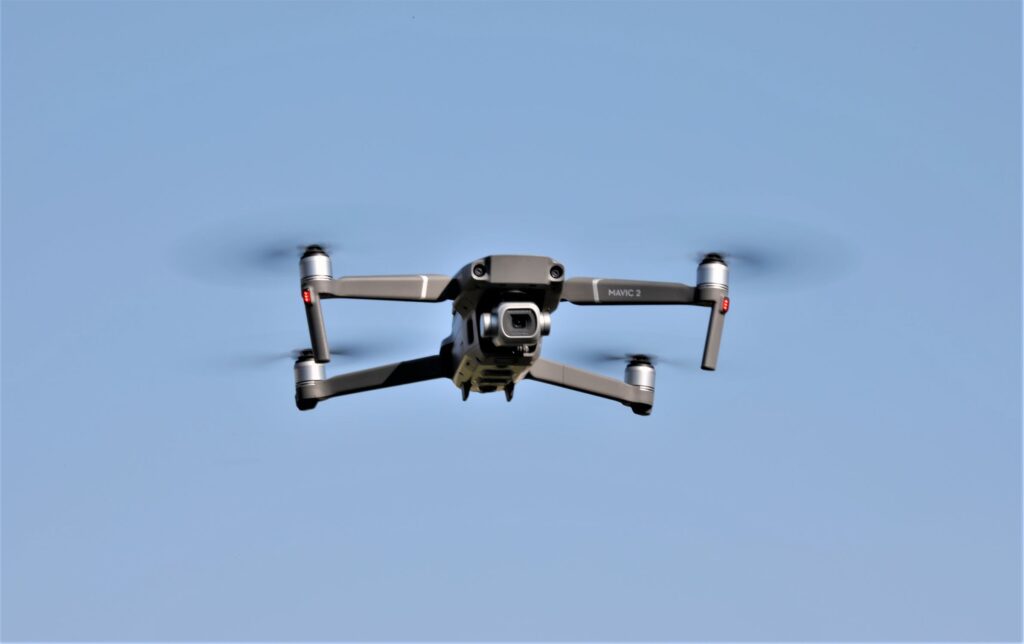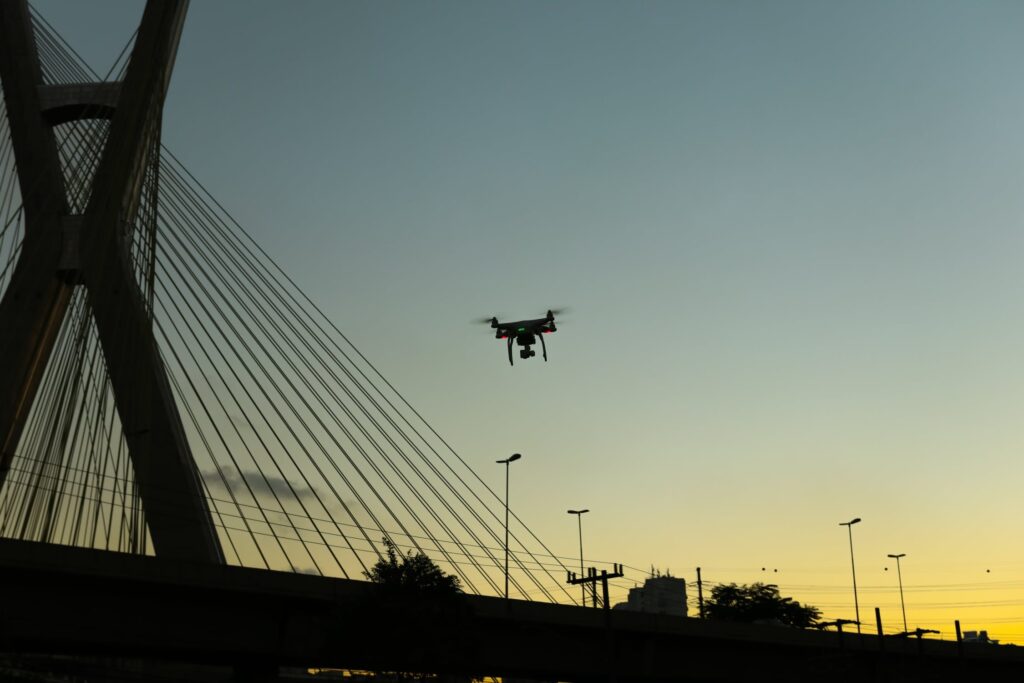Cell Site Inspections: Many telecom operators are positioning their companies to become key players in the rapidly developing commercial unmanned aerial vehicles (UAVs) market. Japanese telco Rakuten Mobile useS drones to carry out base station inspection and collaborates with its group company, Rakuten AirMap, to conduct drone-based inspections of base stations for its mobile networks.
Drone applications enable various types of companies to transform their operations and gain efficiency, in cost and time, by capturing and analyzing data to improve decision-making.
Drone-Powered Solutions (DPS)
Drone-Powered Solutions (DPS), with its range of commercial applications, are already large and constantly growing. Individual companies, however, require significant investments and specific capabilities to conduct drone operations.
An individual player, meanwhile, can offer DPS for all companies and telecom operators and can take on this role because of their capabilities in connectivity, cloud, big data, and analytics.
Drone Traffic Control Center (DTCC)
Two specific opportunities exist for telecom operators. First, they can offer DPS by building partnerships in areas related to drone procurement, data processing, and data delivery, and leverage their internal capabilities across the value chain. Second, telecom operators can help to establish a Drone Traffic Control Center (DTCC) that will bring control of drone operations, and make sure there is compliance with the regulations. They would facilitate the technology components of the DTCC by supplying and managing data storage, connectivity, cybersecurity, professional services, and applications, including a drone traffic management system and real-time reporting and analytics.
Telecom operators should develop a tailored strategy and implementation road map for commercial drone applications. Drones represent a unique opportunity for telecom operators to diversify their revenue sources and spur new growth.
Drone-Powered Solutions
Telecom operators are well qualified to seize the opportunity to offer Drone-Powered Solutions (DPS) to companies across different industries, but the operators need to develop a way to deal with each of the four key components of the DPS values.
These are:
- Drone Procurement
- Drone Operations
- Data Processing and Analytics
- Data Storage and Delivery
Drone Procurement
Drone procurement means providing the UAVs with the information systems, sensors, and additional features that enable it to capture massive amounts of data and execute critical tasks.
There are two types of drones: fixed-wing and multi-rotor. The selection of the type of drone to choose depends on how it is to be used. Telecom operators can purchase drones from vendors rather than developing their own in-house. There are many well-established global players that offer a good selection of commercial drones. In-house development of drones is not likely cost-effective since developing drones is costly in terms of hardware and software, and demands advanced technical and manufacturing expertise.
Drone Operations
Telecom operators can carry out drone flights to accomplish necessary tasks, such as collecting images and video footage, or transporting goods to the client. Professional pilots should operate the commercial drones. This does not mean that operators have to hire skilled pilots because they can also train staff internally within a few weeks, and then issue the necessary licenses and certifications. Because it is relatively easy to recruit or train pilots, and due to the fact that drone flights should be conducted very frequently to gather data, it may be more efficient and cost-effective for operators to train pilots internally.
Data Processing and Analytics
Telecom operators can process and analyse the collected aerial data by using qualified experts, such as photogrammetrists and analysts connected through advanced systems. Operational expenditure primarily consists of experts’ salaries and software licenses.
Data Storage and Delivery
Drone-Powered Solutions (DPS) require data storage and data delivery to clients through online geospatial tools, with cloud storage and delivery systems being the main element. Telecom operators use extensive cloud platform abilities and can use these to store, manage, and deliver data to clients.
Multiple Business Models
Telecom operators can adopt multiple parallel business models that differ according to the type of DPS that is provided, the capabilities required, and the particular method used in determining pricing. These business models are to establish a drone operations center (DOC), develop a mobile drone surveillance unit (MDSU), and resell autonomous drones systems (ADS).
Future
Although drones already are having an impact on multiple sectors in the Gulf Cooperation Council (GCC) such as conducting drone-based inspections of base stations for its mobile networks, every indication is that it will have even a greater impact in coming years as GCC’s telecom operators are in a good place to target new sources of growth and position themselves as leading players in digitization.
Since the coronavirus is focusing minds on increased automation and remote monitoring through drones, the pandemic may speed the pace of engineering job losses in the Telco Community Credit Union (telco) space.




All this information is so awesome and hopefully soon some day I will get involved and land a money making career Flying my drone thank you for all this info Mr. Drone Boss👍
Phil
DRONE NATION ✌️